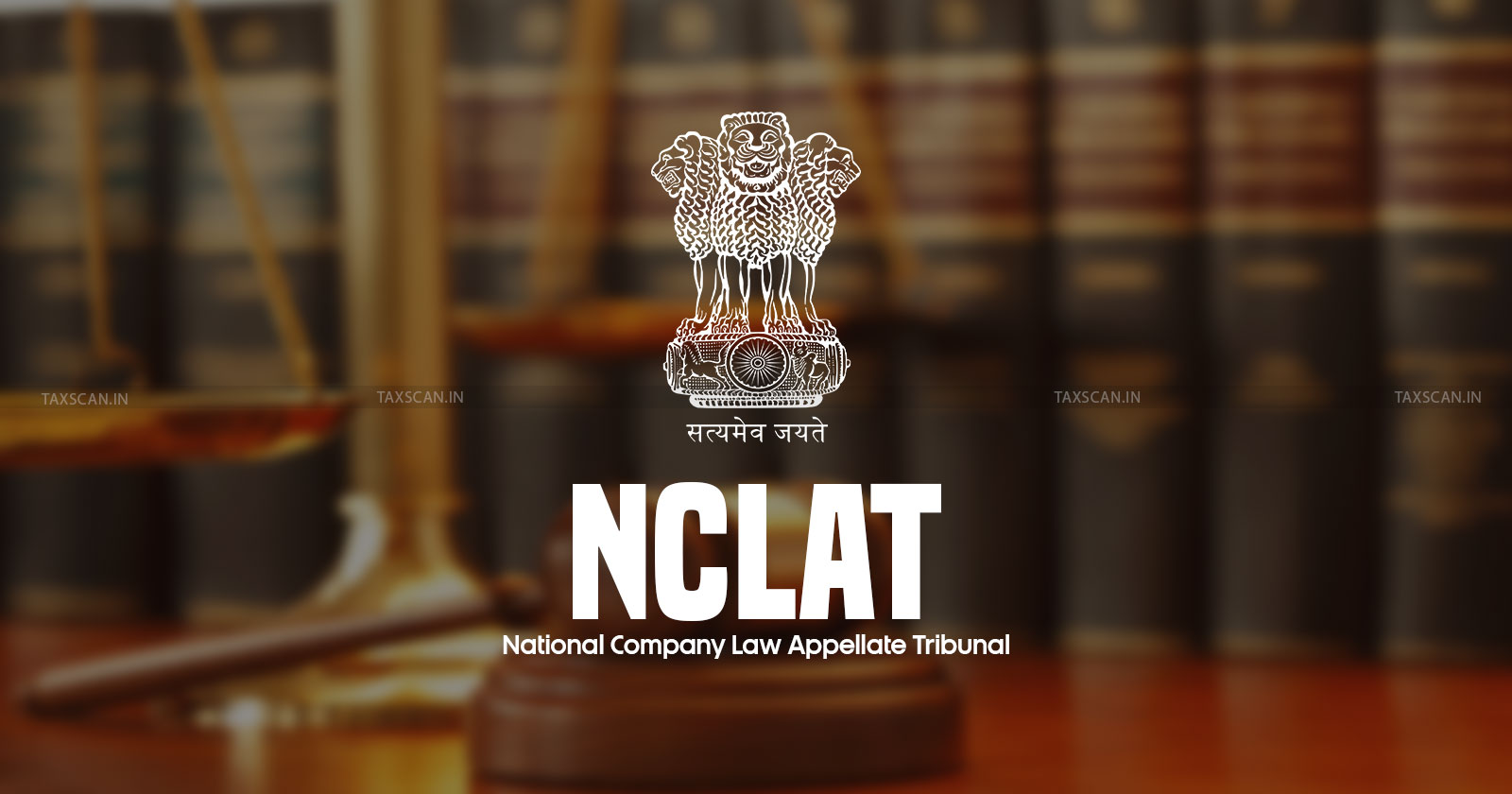Revisiting Resolution Plan after Commencement of Liquidation Process is not Allowable as per Principle of Procedural Finality: NCLAT dismisses Appeal [Read Order]
The bench dismissed both the appeals by the Appellant upholding the liquidation process filed by the NCLT

chennai NCLAT-Resolution Plan-Liquidation Process-NCLAT Dismisses Appeal-Taxscan
chennai NCLAT-Resolution Plan-Liquidation Process-NCLAT Dismisses Appeal-Taxscan
The Chennai bench of National Company Law Appellate (NCLAT) has held that revisiting the resolution plan after commencement of liquidation process is not allowable as per principle of procedural finality. The Tribunal dismissed two appeals filed by the Corporate Debtor seeking to challenge the order of National Company Law Tribunal (NCLT)
Mapletree Leather Goods Private Limited, the Appellant sought to challenge the order of NCLT, Bangalore by which it was directed to be put into the liquidation process and second to challenge the order of the same tribunal which dismissed the prayer of the Appellant for issue of an appropriate direction to the liquidator to put on hold the auction of the immovable asset of the Corporate Debtor and to consider his proposal to sell the Corporate Debtor as a going concern and accordingly to provide him a sale notice for the same in the interest of maximisation of the value of Corporate Debtor.
Take Your SME to the Next Level with IPO Insights - Click here to Register
Edelweiss Asset Reconstruction Company had initiated the CIRP against the appellant. After the appointment of RP in the month of July, RP invited expression of interest (EOI) as the deadline for resolution plan submission. After several shifts in the deadline, one plan was submitted by the Appellant, but the same was rejected by the CoC.
The appellant submitted another resolution plan which was reviewed by the CoC and several deficiencies were found. Despite five addendums to the plan, the same was rejected by the CoC and it was voted to put Falcon Tyres Ltd. into liquidation. The RP filed an application praying for the liquidation of the corporate debtor which the NCLT approved and the liquidator was appointed.
Take Your SME to the Next Level with IPO Insights - Click here to Register
The Appellant filed seeking approval of its revised plan which were supported by the labour union but both were rejected. The Appellant also appealed against the liquidation order in the NCLAT which was dismissed by the tribunal.
The auction of the Corporate Debtor's asset also proceeded and the proceeds were disbursed to claimants. The Appellant filed application to put on hold the auction of the immovable asset of the Corporate Debtor and to consider his proposal to sell the Corporate Debtor as a going concern and accordingly to provide him a sale notice for the same in the interest of maximisation of the value of Corporate Debtor. The same was dismissed.
Take Your SME to the Next Level with IPO Insights - Click here to Register
It was argued that the Resolution Plan was wrongfully rejected by the CoC. Further challenged the liquidation process stating that it would reduce the value of the Corporate Debtor's assets and that the process of going concern was more suitable to receive a better value for its assets and could also maximize the value of its creditors.
The Respondents and CoC stated that the Resolution plan had several deficiencies including insufficient upfront payment and inadequate financial assurance to support the plan. They were also provided many opportunities to rectify their defects and even after five addendums they were not able to rectify the whole defects of the resolution plan.
Take Your SME to the Next Level with IPO Insights - Click here to Register
The Coram comprising Justice Sharad Kumar Sharma (Member Judicial) and Jatindranath Swain (Member Technical) dismissed both the appeals by the Appellant upholding the liquidation process filed by the NCLT.
The bench held that the Resolution plan had several deficiencies including insufficient upfront payment and inadequate financial assurance to support the plan and that the applicant was also provided with many opportunities to rectify their defects and even after five addendums they were not able to rectify the whole defects of the resolution plan.
To Read the full text of the Order CLICK HERE
Support our journalism by subscribing to Taxscanpremium. Follow us on Telegram for quick updates


